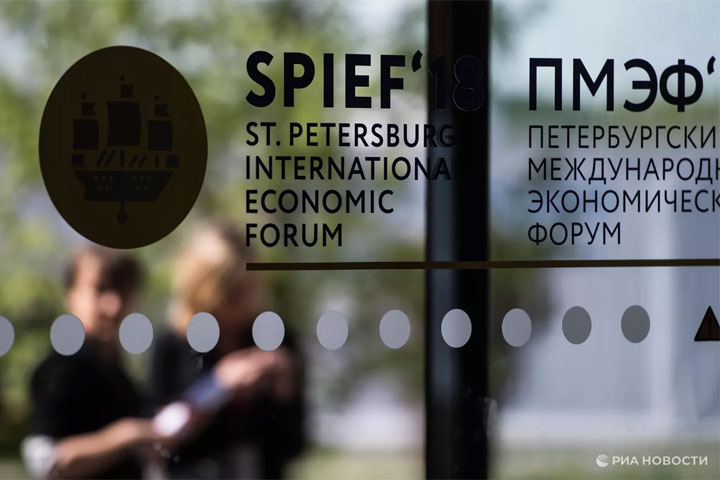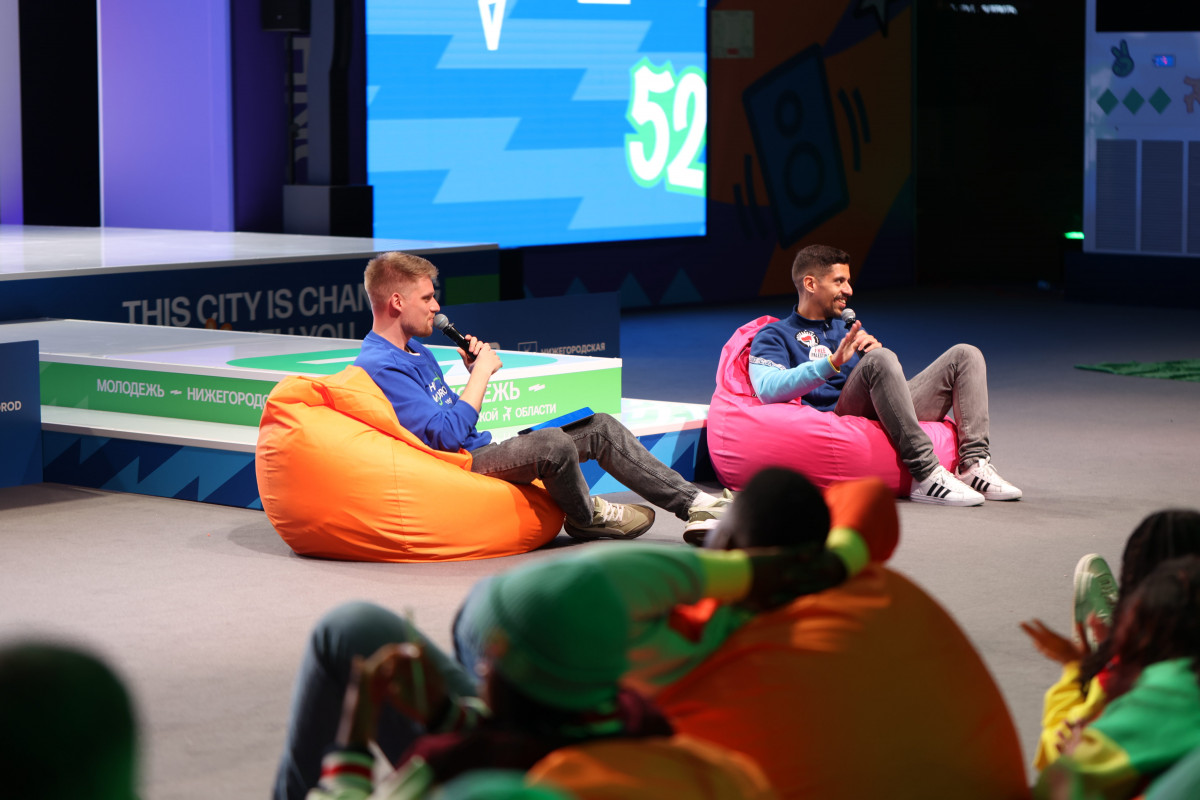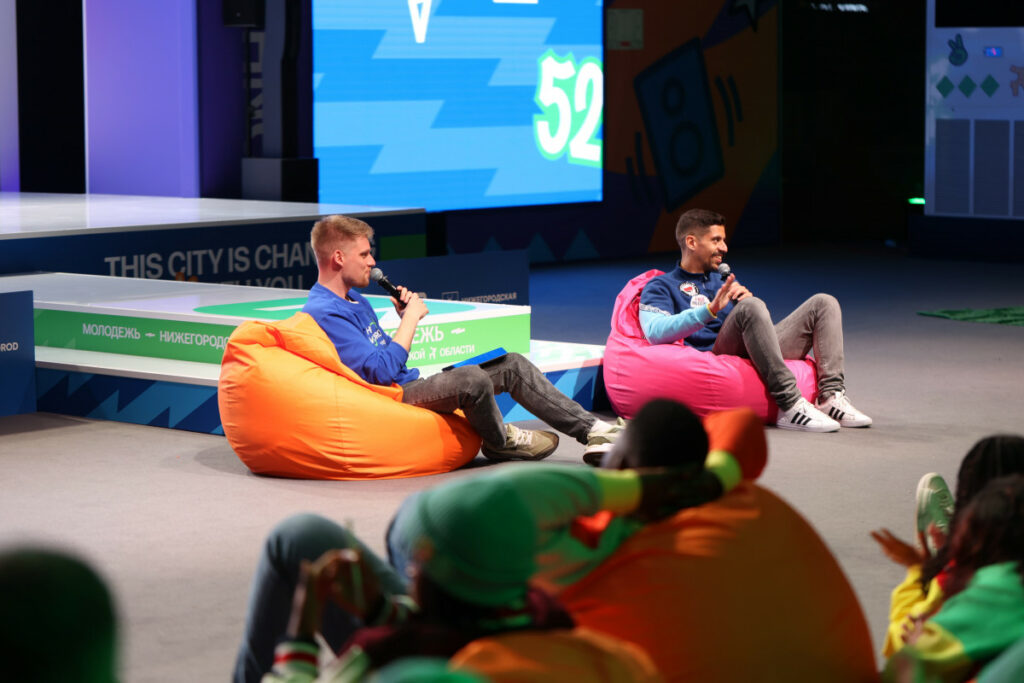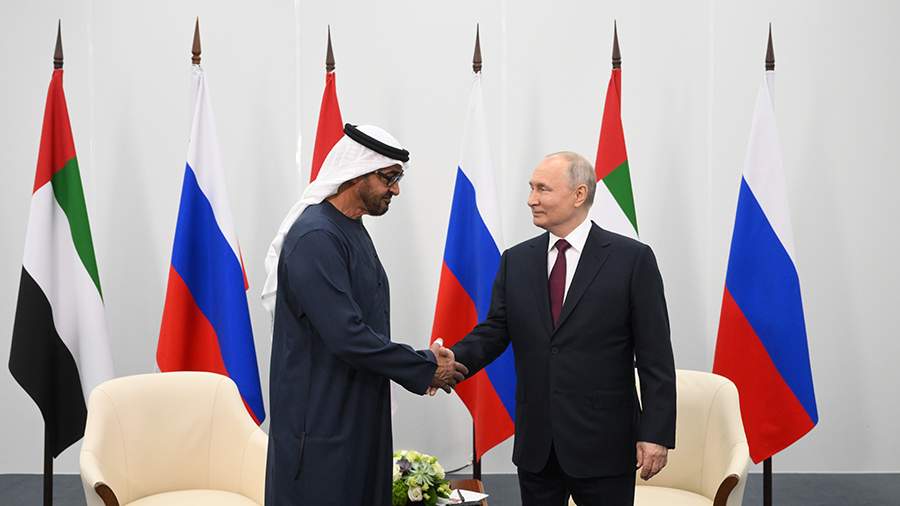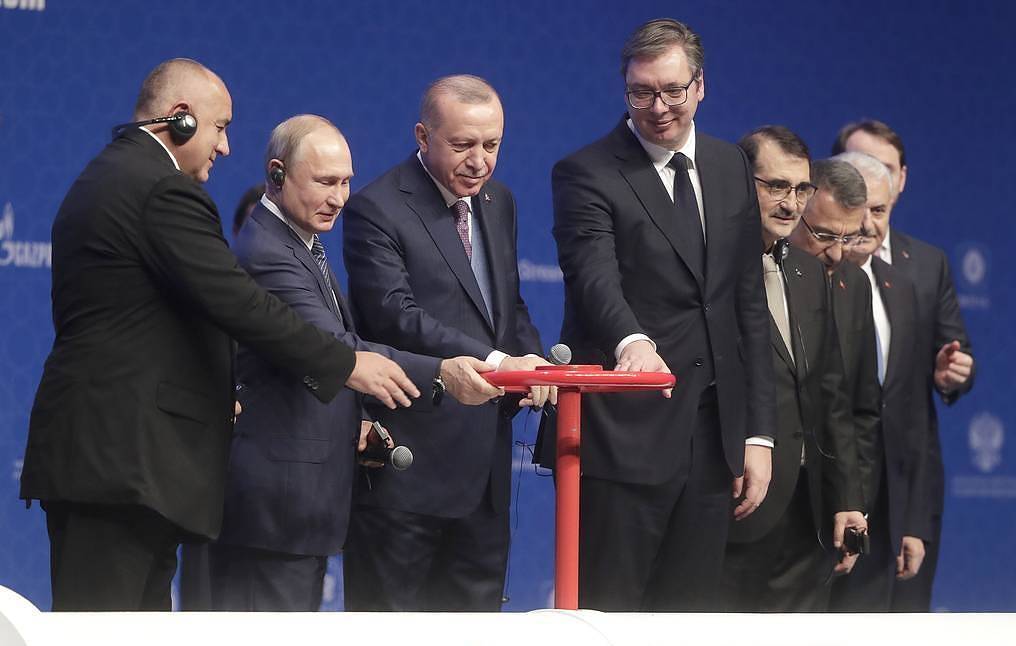
On August 27–28, 2024, Moscow hosted the IMBRICS FORUM — the VI International Municipal Forum of the BRICS Countries.
The event has become an important platform for exchanging experiences and ideas between representatives of regional and municipal governments from the BRICS countries. It also helped build effective business communications with entrepreneurs from Russia and other partner countries.
The forum included a round table discussion on the role of extracurricular education and international cooperation in children’s and youth education. Experience of BRICS cities and municipalities, which was devoted to discussing issues of children’s and youth recreation in camps, as well as extracurricular education. The event was attended by representatives of legislative and executive bodies of state power in Russia, heads of Russian and foreign children’s camps and non-profit organizations. In particular, the event was attended by Boris Chernyshov, Deputy Chairman of the State Duma of the Federal Assembly of the Russian Federation, Natalya Agre, Director of the Department of State Policy in the Sphere of Education, Supplementary Education and Children’s Recreation of the Ministry of Education of Russia, Sandra Goulart Urioste, Director of English Camp (Brazil), Fahrettin Gozet, President of the Canadian NGO International Camping Fellowship (ICF) Fahrettin Gozet (Turkey) and Nie Aijun, President of the Board of The Institute for Camp Education in China . The speakers delivered reports, shared their experience in organizing the area of activity under consideration, and discussed existing initiatives to expand the activities of the camp movement and extracurricular education, including in the BRICS countries.
The particular focus was on the Turkish speaker Fahrettin Gozet, who delivered a report on “Collaborative Initiatives Among BRICS Countries: Strengthening Youth Engagement”. In his report, he noted ICF as a key participant in strengthening cooperation between youth camps around the world, including the BRICS countries, whose mission is to strengthen youth engagement through joint initiatives. He explained how ICF programs and initiatives create opportunities for cooperation among BRICS countries in the field of youth engagement, using the strengths and resources of its international network. Fahrettin Gozet also gave examples of cooperation carried out with the assistance of ICF, such as a partnership between Russian and South African camps aimed at developing leadership skills and cultural exchange, promoting the involvement of youth across borders.
As a result, the participants agreed on further interaction with each other, the implementation of joint projects aimed at developing extracurricular education.


